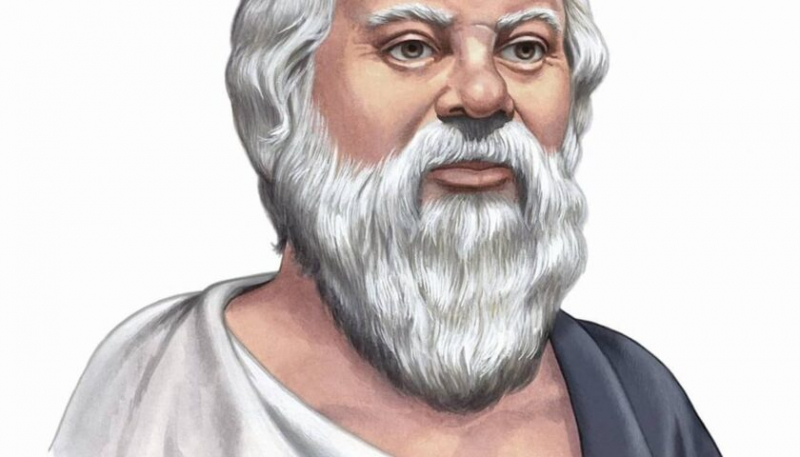Socrates of Athens - The father of western thought (469 BC-399 BC)

Many modern historians classify other philosophers as either "pre-Socratic" or "post-Socratic" thinkers since Socrates' ideas were so influential. Socrates of Athens, considered as the "Father of Western Philosophy," is credited with developing the "Socratic Method," which held that a conversation between a student and a teacher was an essential component of learning.
By doing this, he publicly departed from the unending physical speculation that his contemporaries valued and argued in favor of a philosophy founded on human reason that was useful in everyday life. When he was placed on trial for "corrupting the young of Athens," this approach to practical instruction finally brought about his demise. He gave the renowned "Apology of Socrates" speech during his defense. It attacked Athenian democracy and is still regarded as a foundational work of Western ideas and culture.
Although Socrates was given the option to pick his sentence, he probably would have been permitted to choose exile instead than death. But he opted for death and famously took hemlock's poison. Since Socrates did not leave a written record of his philosophy, his fellow philosophers took notes of his speeches and dialogues after his passing. The dialogues that seek to define virtue are among the most well-known and show Socrates to be a man of remarkable intellect, honesty, and argumentation skill.









